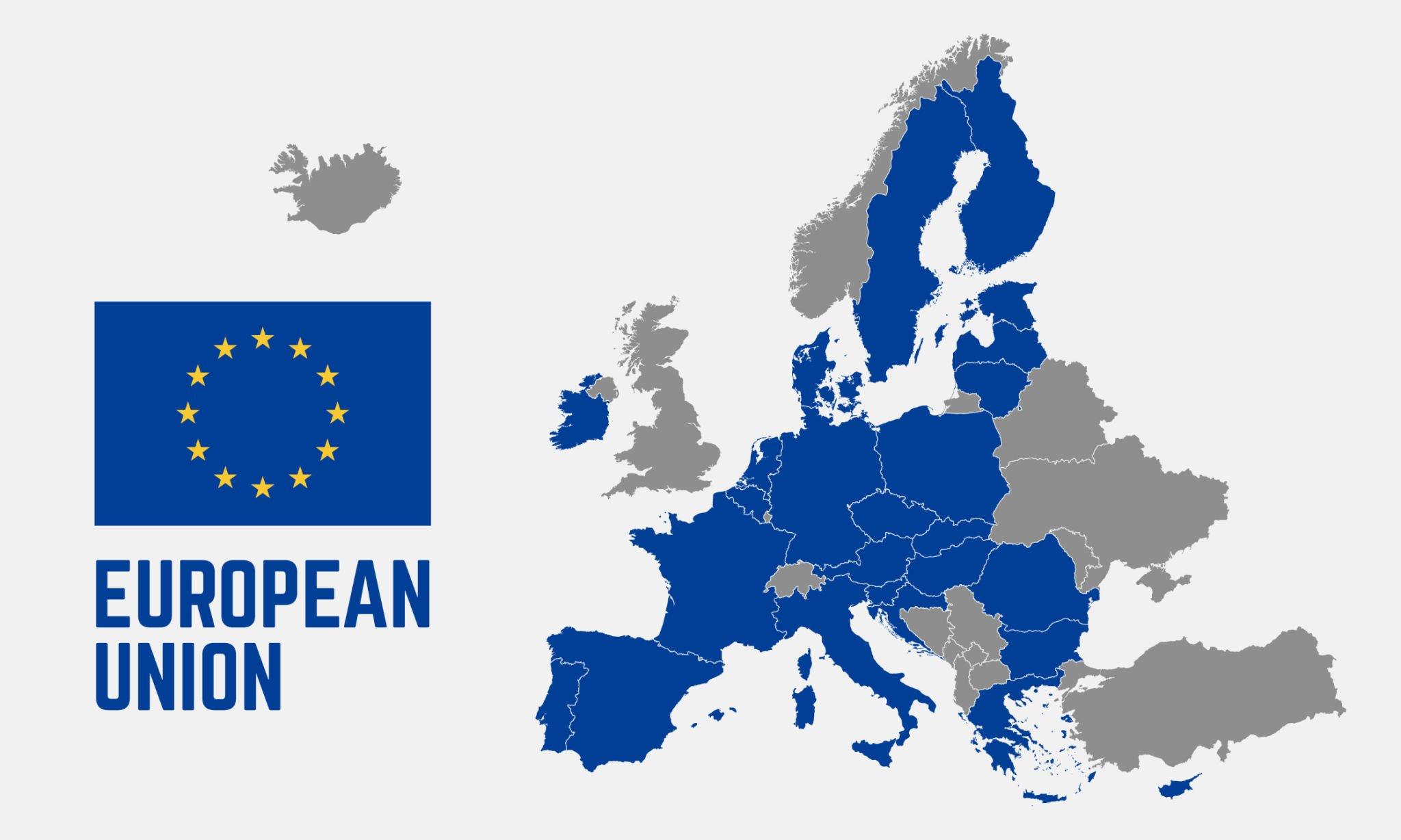Pursuing higher education in Germany isn't just about earning a degree; it's your pathway to a brighter future. Germany, with its renowned universities and colleges, diverse programs, and robust job market, has become the top choice for international students like you. Let's explore the crucial factors about studying in Germany.
World-Class Education at Subsidized Cost
German universities are globally renowned for their exceptional quality of education and cutting-edge research facilities. When you enroll in a German institution, you're not just getting a degree; you're gaining access to diverse programs that cater to various interests and career paths, from engineering and technology to arts and humanities. Tuition in Germany is competitive, with many programs offering tuition-free education.
Path to Permanent Residency
Germany highly values international students as potential contributors to its vibrant economy and cultural diversity. Studying in Germany can open doors to a post-graduation work permit, allowing you to gain valuable work experience. This experience can serve as a bridge to permanent residency through various immigration pathways. Germany prioritizes international graduates in its immigration programs, making it easier for you to establish a long-term presence in the country.
Work Opportunities
One of the significant advantages of studying in Germany is the opportunity to work part-time while pursuing your degree. This not only helps with living expenses but also allows you to gain practical experience and build connections in your field. With a student visa, you can work up to 20 hours per week during academic sessions and full-time during breaks. Also interesting to note that relative to other developed countries cost of living in Germany is generally relatively lower, except in the big cities of course.
Supportive and Inclusive Community
Germany is renowned for its welcoming and inclusive environment, embracing individuals from all corners of the globe. As an international student, you'll find robust support systems on campus, including dedicated advisors and multicultural clubs. This nurturing environment fosters personal growth and helps you feel at home, even when you're far away from home.
Intake Periods in Germany
Studying in Germany offers you flexibility when it comes to starting your educational journey. German institutions typically offer multiple intake periods throughout the year, allowing students to choose the one that aligns best with their academic and personal timelines. The main intake periods for international students in Germany are:
-
Winter Semester (October): This is the primary intake period, with numerous programs available at both the undergraduate and postgraduate levels. It marks the beginning of the academic year, offering a fresh start for students.
-
Summer Semester (April): Ideal for those who missed the winter intake or prefer starting their studies in the spring. While not as common as the winter semester, many institutions still offer a variety of programs for summer intake.
Keep in mind that the availability of intakes can vary between programs and institutions. To determine the exact intake periods and application deadlines for your chosen program, it's essential to visit the official website of your prospective university.
Admission Requirements in Germany
Understanding the admission requirements in Germany is crucial for prospective students. Here are some general guidelines:
-
Bachelor's Programs: Applicants with a secondary school leaving certificate from most countries except for a few, have to do a foundation year because their secondary school qualifications do not equate to the Abitur (German university entry qualification). However applicants in that situation who have completed first year of universities can apply for direct bachelors programs. It is also important to note that only very few bachelors programs are offered in English language.
-
Master's Programs: Master's program applicants should have an above-average academic record in a relevant bachelor's degree. There are a good number of masters programs offered in English language.
-
Language Proficiency: Proficiency in the German language may be required for many programs. Some universities also offer programs in English, so language requirements can vary.
It's important to note that specific admission criteria may vary between institutions and programs. Be sure to check the admission requirements of the specific universities and programs you're interested in.
German Student Visa Application
The most significant documents you need for a German student visa application are proof of admission to a German university and proof of sufficient funds. Here are some key financial requirements:
- Admission letter
- No Tuition fees.
- Proof of living expenses for the year, estimated at around €11,300. This money must be in a German "blocked account".
- Health insurance coverage.
Requirements may vary based on your specific circumstances and location. It's essential to consult the official website of the German Embassy or Consulate in your home country for the most up-to-date visa application requirements and processes.
Important to note that Germany has a selective immigration process, and visa acceptance rates may vary by country. Professional guidance during the application phase can be invaluable.
Contact us now and embark on your adventure in Germany!






Comments (286)
Leave a Comment